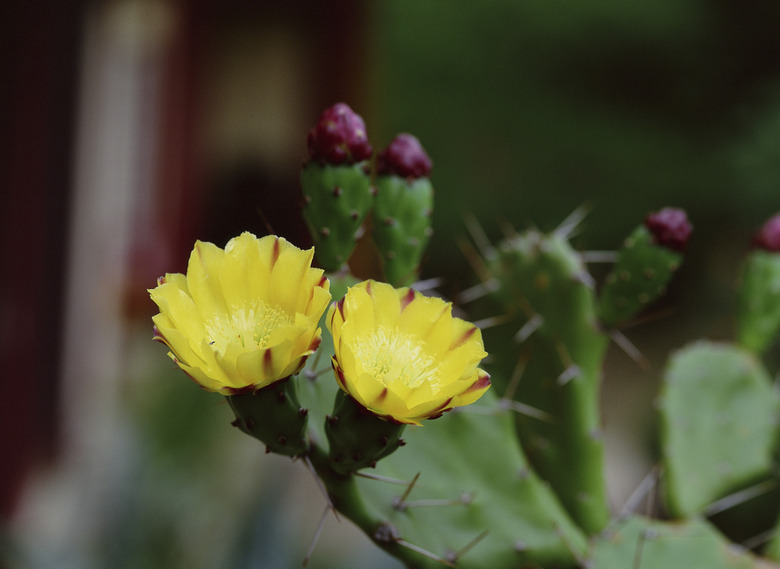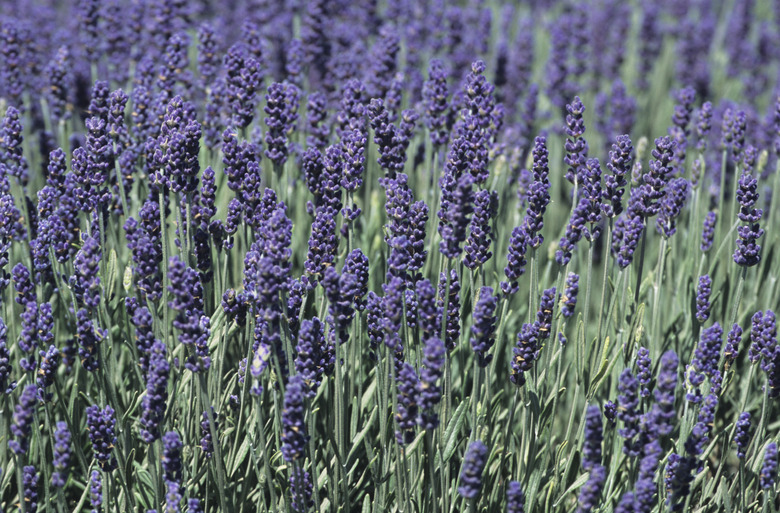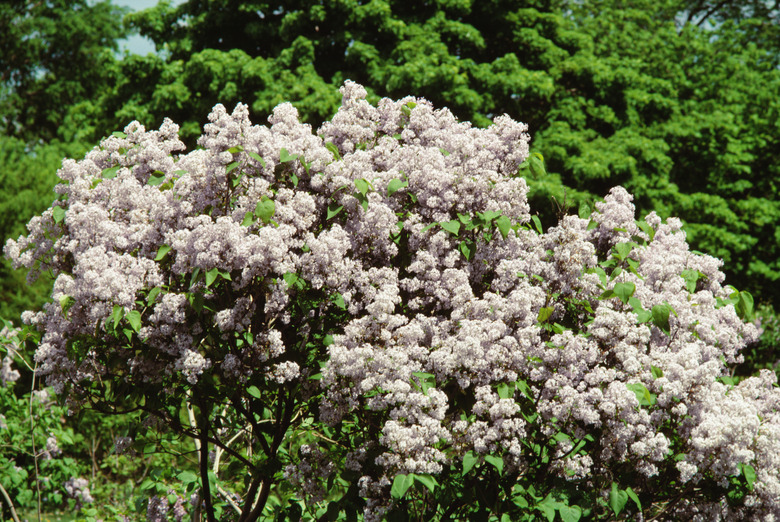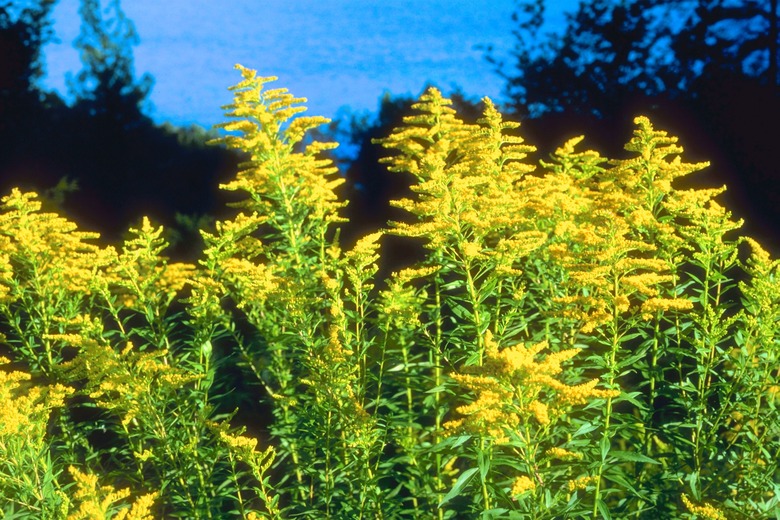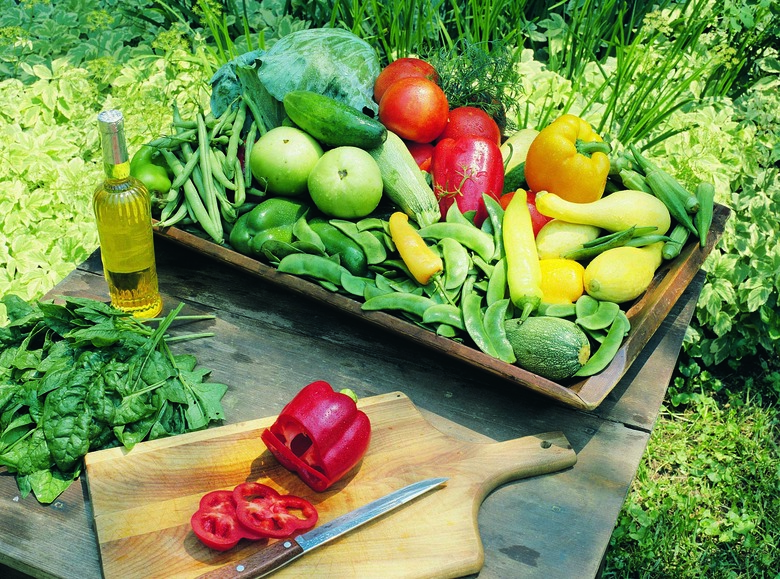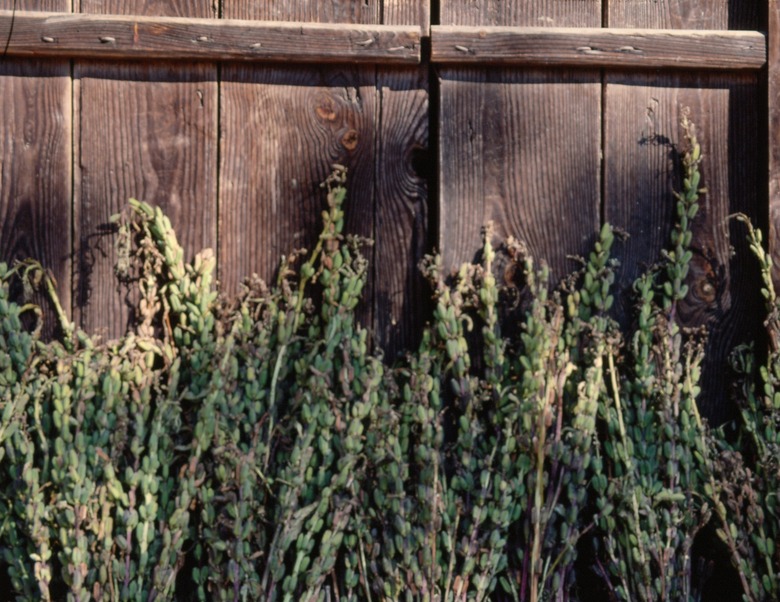Garden Plants That Animals Will Not Eat
Gardening experts and extension services offer lists of plants that are resistant to various animals. But every list is topped by this warning: An animal will eat anything if it is hungry enough. "We can't convince the deer to read the lists," observes the writer of the website for Countrybrook Farms Nursery & Garden Center. And sometimes moles, raccoons, squirrels and other animals that dig in your garden aren't eating plants at all. They're after grubs, worms or other "tasty" critters eating the roots of your plants. Here are some plants that should remain fairly safe in your garden.
General Guidelines for Resistant Plants
Irene Shonle, writing for Colorado State University Extension Service, advises that, in general, animals are discouraged by very aromatic plants (such as sage, lavender or mint); prickles and spines (such as scotch pine or cactus); tough, leathery leaves (such as lambs ear); toxic plants (such as daffodil) and plants with milky sap (such as dandelion).
Trees and Shrubs Highly Resistant to Deer
The Coalition for American Animals lists shrubs and trees that are highly resistant to deer, including evergreens such as Austrian pine and Norway spruce, several species of dogwood, prickly shrubs such as barberry and juniper, two species of birch and such landscaping staples as common boxwood and common lilac.
"Varmint Resistant" Perennials
George Weigel, on the gardening blog Pennlive.com, notes that resistance varies with the plant and species, and reluctance to eat a plant varies with the animal and geographic location. Weigel suggests that most ferns and ornamental grasses are "varmint resistant."
Sun-loving flowering perennials that Weigel suggests gardeners try include gaillardia, goldenrod, monkshood, Russian sage, salvia, coreopsis, iris, mums and yarrow.
Shade-tolerant flowering perennials on his list include astilbe, bleeding heart, catmint, columbine, hardy geranium, Lenten rose (Helleborus), lady's mantle and lamium.
Resistance Varies by Animal
Watters Garden Center in Prescott, Ariz. offers a list of plants that the piglike javalina will leave alone. Some plants that do not appear on other resistant lists include alyssum, basil, carnations, chili peppers, cucumbers, dahlias, daylilies, Easter lily, eggplant, gladiola, marigolds, pansies, petunias, roses, rosemary and violas.
Some of these are most likely resistant to other animals. But Midwestern gardeners might recall rabbits eating their Easter lilies, while east coast gardeners complain about deer in the roses and daylilies. It just goes to show that one animal's "yuck" is another's "yum."
Consult Regional Experts
Regional garden centers and extension services put out lists of local plants that local animals usually leave alone. But nearly every such list comes with a "no guarantees" caveat. Even plastic "foliage" can be eaten by squirrels.
These garden experts recommend using fences and thorny barriers and surrounding plant delicacies like tulips with poisonous plants like daffodils.
